I created the character, Sasha, to represent a number of people who would by doctors be called “empaths”. Truthfully, I wasn’t fully aware at the time of writing and illustrating the book that there was a name for it! Up until that point, I was simply highlighting how certain types of people feel when their meekness and willingness to feel for and listen to others is taken advantage of.
If you clicked on this post, it might be because you’re wondering if you’re an empath.
Well, let’s see.
A San Diego therapist, Kim Egel, stated,
“Empaths have a higher sensitivity to outside stimuli such as sounds, big personalities, and hectic environments. They bring a lot of heart and care to the world and feel things very deeply.”
Naturally, “empath” comes from the word “empathy”, which is the signature trait of an empath.
A healthline article on the subject reads,
“You may find it difficult to watch someone struggle and act on your natural inclination to help ease their distress, even if that means absorbing it yourself.”
It goes on to say,
“Sensitive, empathic people tend to be fantastic listeners. Your loved ones may feel comforted by your support and reach out to you first whenever they experience difficulty.”
And this is the primary trait I focused on in the short story of Sasha, entitled Sasha’s Shoulder. Sasha is such a good listener, she becomes known only as a shoulder to cry on, which leaves her feeling used and lacking in reciprocal care.
It can be very frustrating to be seen as a good listener, a “shoulder to cry on”, and nothing more. The ironic thing is, while empaths may dump truckloads of care upon others, they themselves might be left with not enough.
Overall, being an empath is not a bad thing. In fact, if everyone was an empath, the world would be a much better place because it would mean people would actually look out for one another and genuinely care for needs outside their own! The downside is, being an empath can come with a lot of hurt.
My short picture book has a happy ending. And while it may be a little above the youngest readers’ heads, it creates a good starting point for discussing how people should and should not be treated–at a time when young minds are forming patterns that stick with them for the rest of their lives!
You can use the hashtags #empath and #empaths to share your experience with this subject. Feel free to create positive memes using the image of “Invisible Sasha” to raise awareness about empaths.

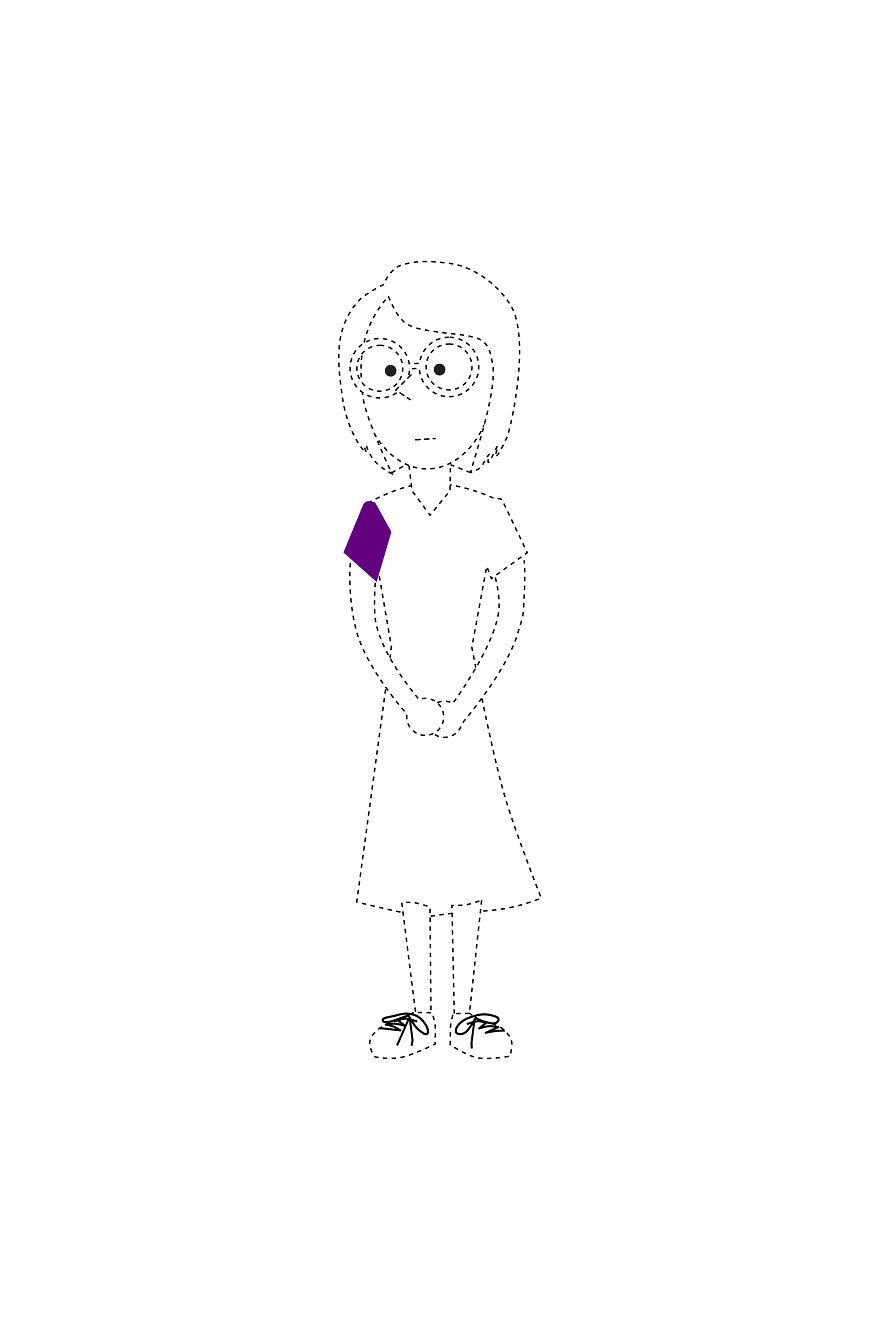
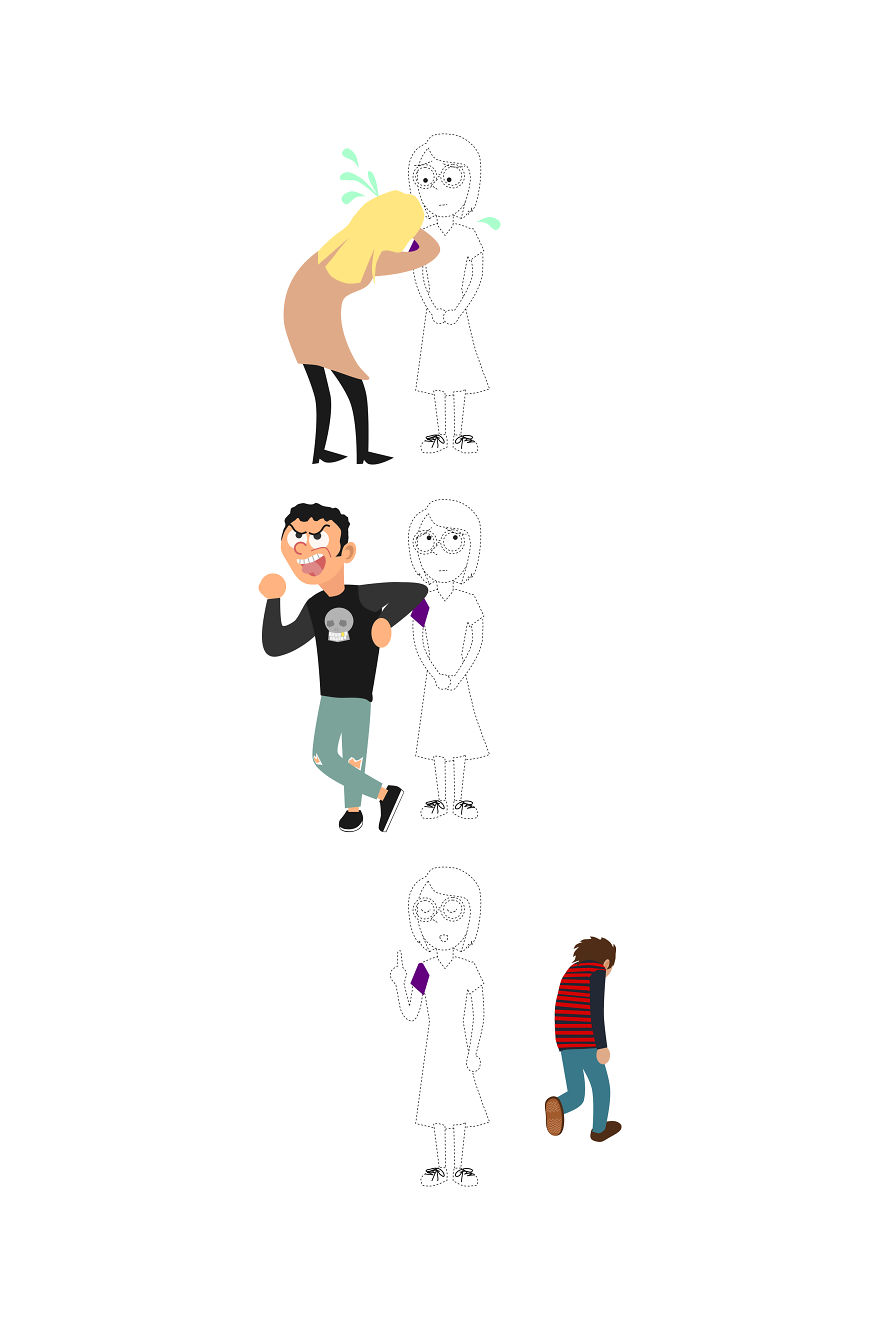
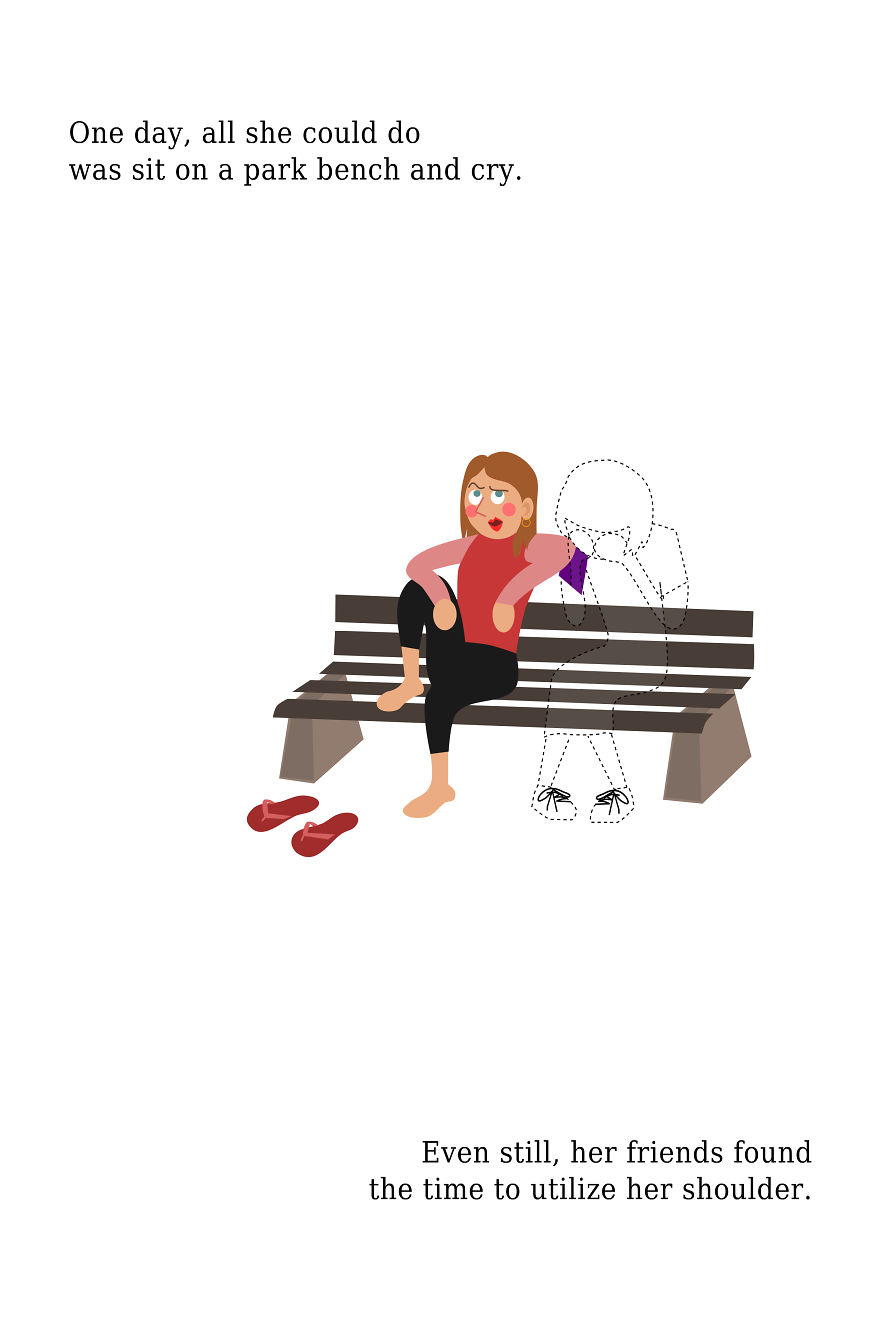
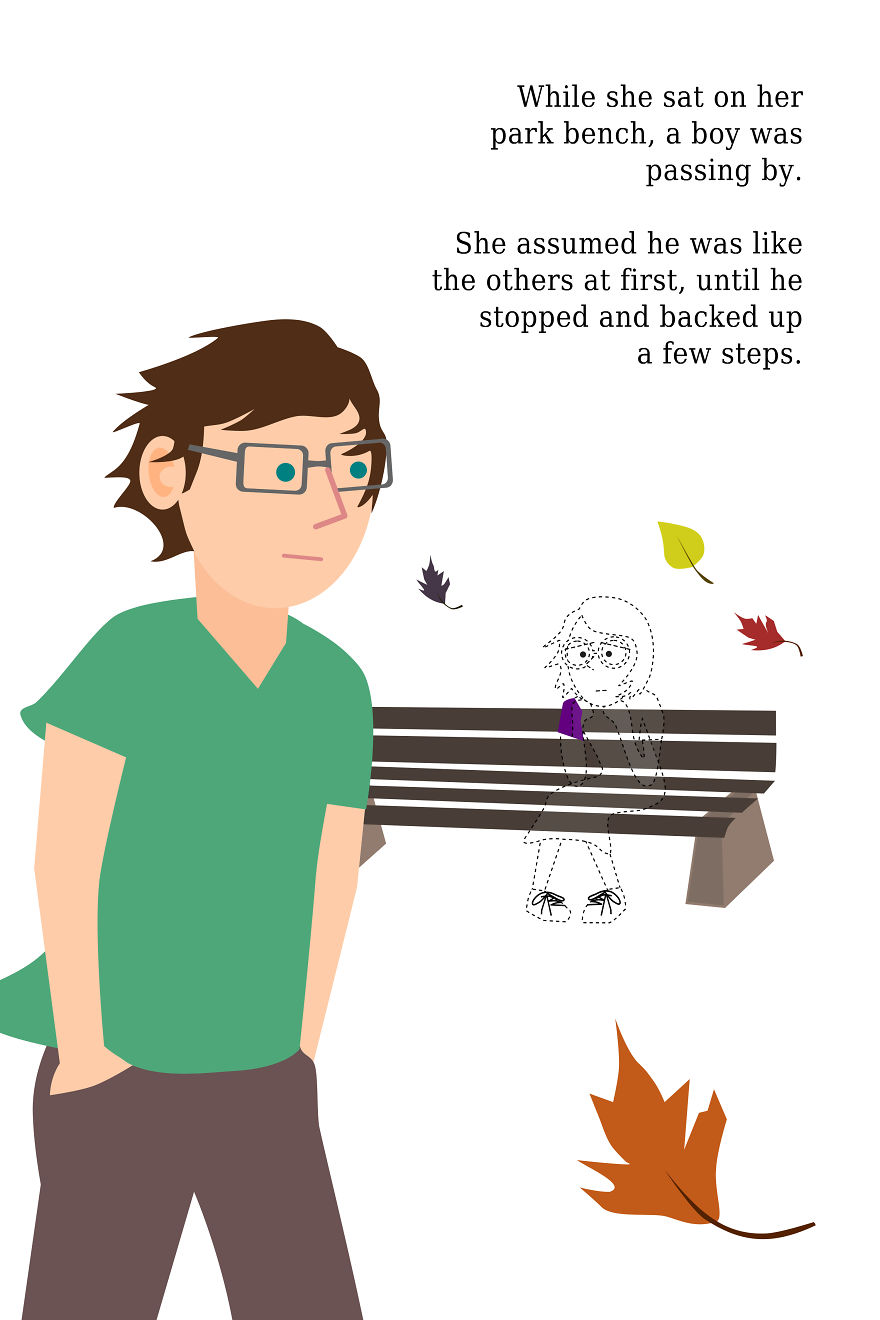
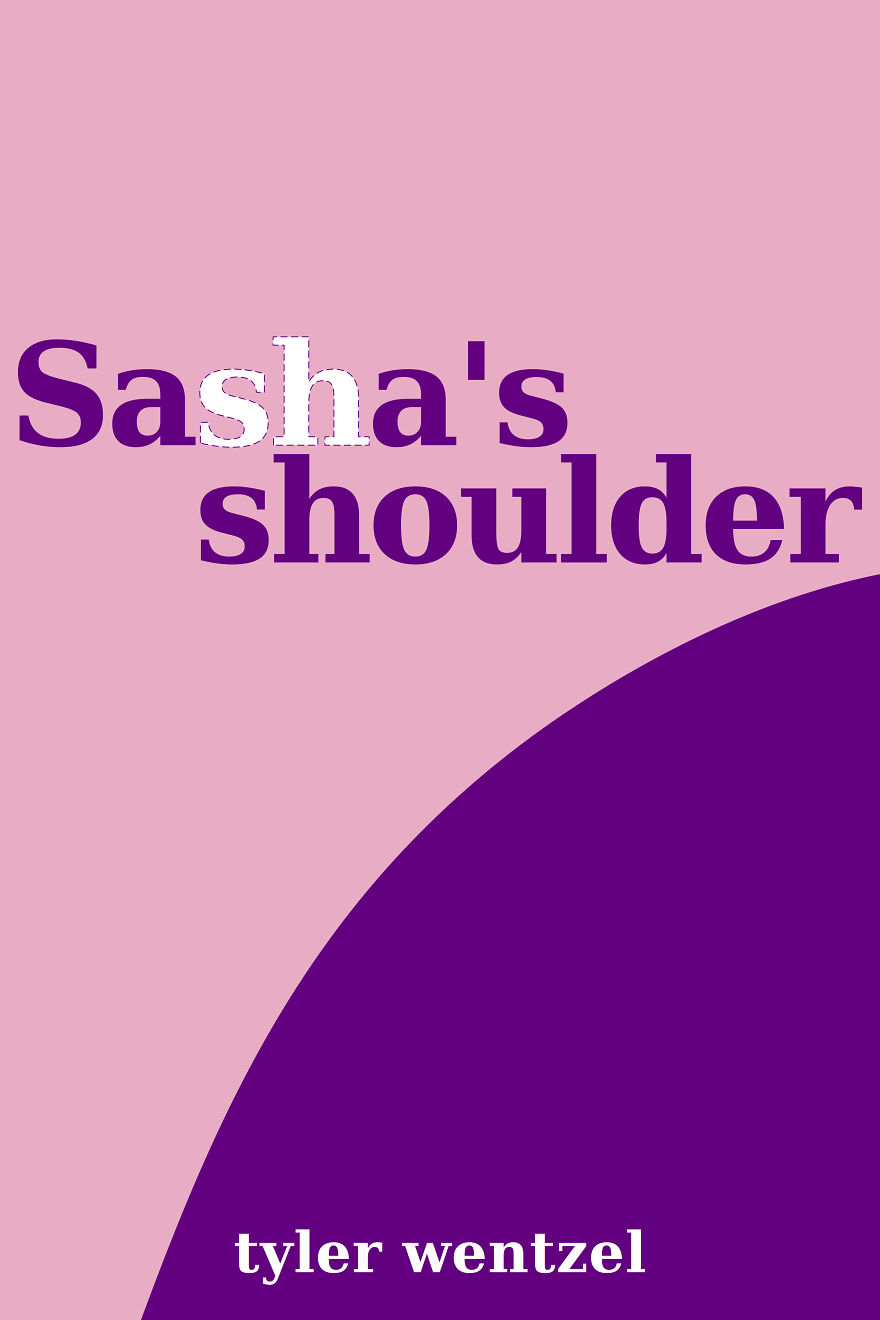




2
0